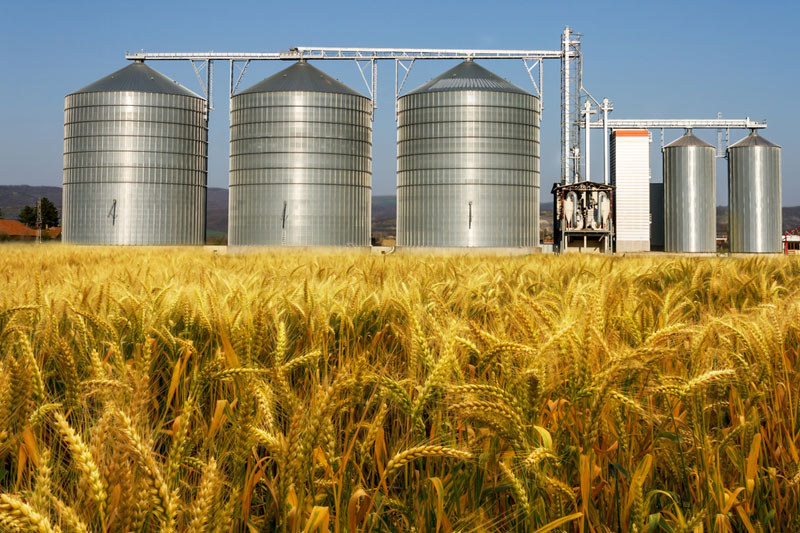By Colin Packham
SYDNEY, Feb 12 (Reuters) - Higher feed grain supply has slowed an expected drop in Australian cattle exports as feedlot operators are using the cheap grain to fatten animals impacted by a three-year drought to sell to lucrative markets in Japan and Korea.
The cheaper feed, the result of poor barley crops unfit for human use and bumper grain harvests, has helped feed-lot operators boost herds at the expense of grass-feeding cattle farmers. The surging feedlot cattle herds should offset a drop in Australian cattle exports to a three-year low in the 2015/2016 season as grass-fed herds have been culled because of a lack of food and water due to the drought. will buy cattle from farmers who have raised the animals on grass, typically feed them grain for some 100 days to add weight and then send them to slaughter for export.
Currently, strong demand from feedlots has been supporting prices at local auctions, said Bim Struss, a cattle farmer in Queensland, Australia's biggest cattle producing state.
The expansion of feedlot herds is translating into better, though still lower, grain-fed beef sales. In January, sales of grain-fed beef fell 4 percent year-on-year, compared to a 16 percent fall in grass-fed beef, data from the industry body, Meat and Livestock Australia shows.
Feedlots are reaping the benefit of poor weather on the Australian output of malting barley with only 40 percent of the current crop fit for beer making, it primary use, according to Andrew Gee, executive chairman of Barley Australia.
At the same time, sorghum production across the Australian east coast has been boosted by storms in recent weeks.
"We had a pretty good season for barley and wheat and we are looking at some good yields for sorghum too," said Wayne Newton, a farmer in Dalby, some 200 kilometres (124 miles) north-northwest of the Queensland capital, Brisbane.
"The livestock industry will take about half of the feed grain and at moment, feedlots are still full."
Australia's chief commodity forecaster said in December it expects beef sales during the current 2015/16 season to fall to a three-year low of 1.1 million tonnes, down 12 percent from the previous 12 months when sales hit a record 1.35 million tonnes.
Much of the fall is attributed to the long drought, exacerbated by the worst El Nino in 20 years, that wilted pasture and dried out dams in Queensland. Cattle farmers responded by pushing slaughter numbers to record highs, which cut exports, and selling off animals.
